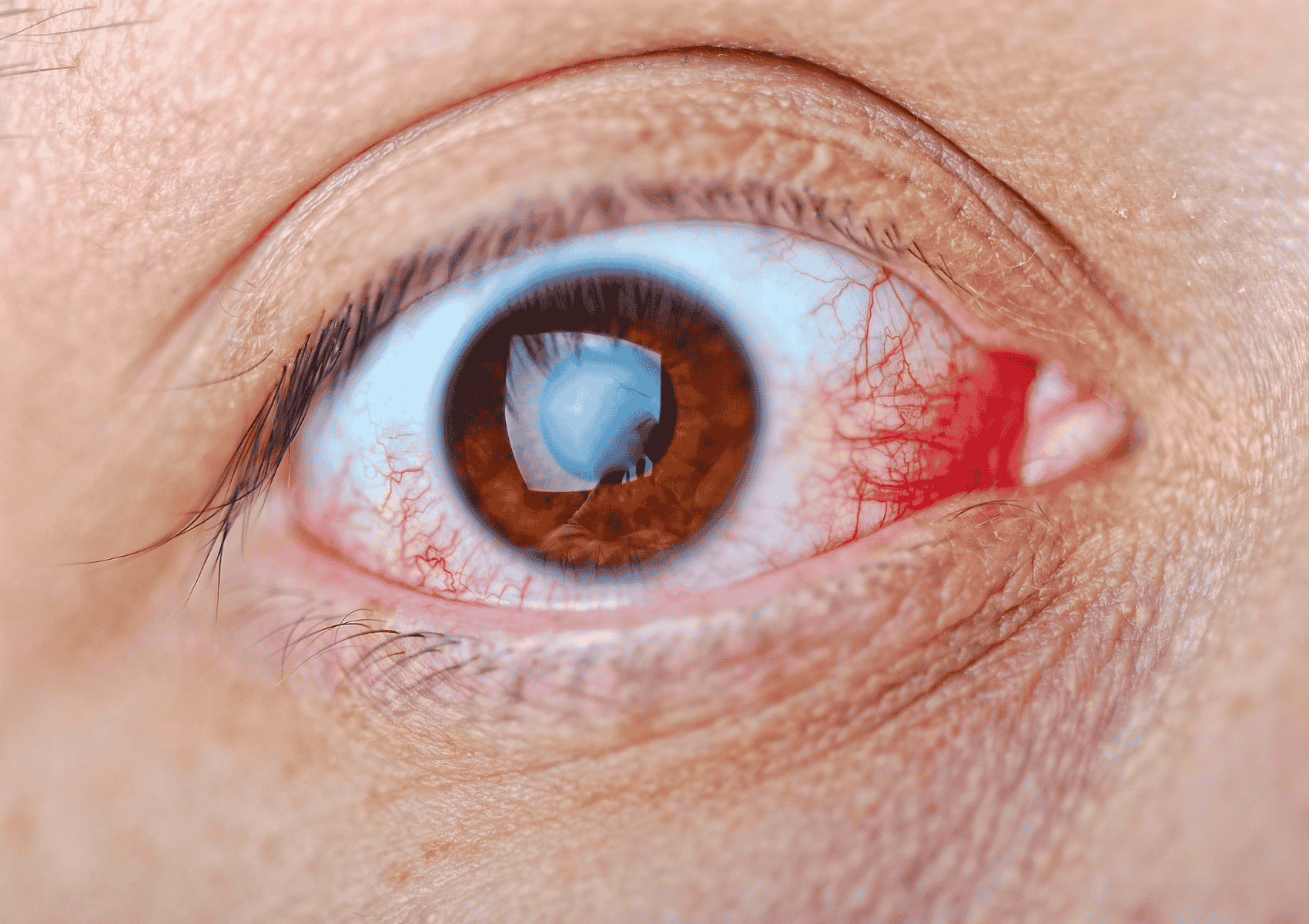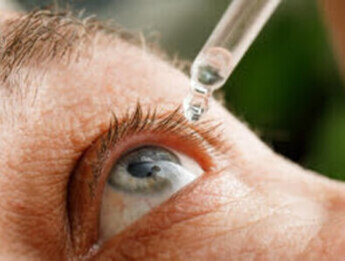Stages of Diabetic Retinopathy: What Every Diabetic Patient Should Know

Are you or a loved one living with diabetes? Then, eye health needs special attention. Diabetic Retinopathy is one of the most prevalent and serious diabetes related complications. Many a time, it occurs quietly.
We request early detection and patient-centered treatment at Dr. Solanki Eye Hospital, Bengaluru, to save vision. Our ophthalmologists utilize advanced diagnostic equipment and evidence-based therapies to effectively treat every phase of diabetic retinopathy.
In this blog, we will guide you through various stages of Diabetic Retinopathy, point out the need for early treatment, and guide you with ways to safeguard your eyes in the long run.
Why is it Important to know about the stages of Diabetic Retinopathy?
Diabetic Retinopathy affects the retina as a result of prolonged elevated blood sugar levels. If left untreated, it may result in loss of vision or even blindness. Early disease detection and treatment can:
- Prevent permanent retinal damage
- Enable you to maintain visual function
- Mitigate the possible need for surgical intervention in future
- Contribute in overall diabetic care and wellness
Most patients are not aware that they suffer from Diabetic Retinopathy until it has developed to an advanced level; this is why regular eye examinations are the key to all diabetic patients.
The Four Stages of Diabetic Retinopathy
The four stages of Diabetic Retinopathy are classified based on the extent of retinal damage and how far the disease has progressed. These are as follows:
Stages of Diabetic Retinopathy
-
Mild Non-Proliferative Retinopathy
- Early stage with small bulges (microaneurysms) in retinal vessels
- May involve minimal leakage of fluid
- Typically symptom-free
-
Moderate Non-Proliferative Retinopathy
- Progression of vessel damage and retinal swelling
- Vision is usually still unaffected
- No visible symptoms in most cases
-
Severe Non-Proliferative Retinopathy
- Significant blockage of blood vessels
- Retina becomes deprived of oxygen
- Still often asymptomatic despite worsening damage
-
Proliferative Diabetic Retinopathy (PDR)
- Advanced stage with abnormal blood vessel growth
- High risk of bleeding, retinal detachment, and vision loss
- May cause sudden vision changes, but damage has often progressed silently until this point
Causes of Diabetic Retinopathy
- Chronic High Blood Sugar: Damages small blood vessels in the retina over a period of many years.
- Poorly Controlled Diabetes: Makes you more likely to develop complications such as retinopathy.
- Hypertension (High Blood Pressure): Also causes extra pressure on the blood vessels and worsens the retinal damage.
- Long Duration of Diabetes: The longer you've had diabetes, the greater the risk.
Macular Edema in Diabetic Retinopathy
Macular Edema is a complication of diabetic retinopathy if fluid seeps into the macula — the area at the center of the retina that creates clear, detailed vision.
- Produces hazy or distorted central vision
- Might happen at any stage of retinopathy
- Can be treated with anti-VEGF injections, laser, or steroids
- Must have routine screening to catch and treat early
Diabetic Retinopathy Risk Factors
- Type 1 or Type 2 Diabetes: Any diabetic is susceptible, particularly with poor sugar control.
- High Blood Pressure & Cholesterol: Worsen retinal blood vessel condition.
- Pregnancy: Hormonal changes may speed up the diabetic process in females.
- Kidney Disease: Signals systemic damage due to diabetes, elevating eye risks.
- Smoking: Aids in inadequate blood supply and vascular damage.
- Sedentary Lifestyle: Decreased physical activity deteriorates overall diabetic control.
Why Dr. Solanki Eye Hospital for Diabetic Eye Care?
- All Retina Services in one place
- Quality diagnostic and treatment technology
- Ophthalmologists care with expertise in diabetic eye disease
- Patient education and counseling for long term eye health
- Comfort-focused care in a clean and well-equipped setting
At Dr. Solanki Eye Hospital, we offer a full spectrum of services for diabetic patients:
Conclusion
We hope this blog has provided you with an idea regarding the stages of Diabetic Retinopathy and early detection being essential. If you are diabetic and haven't had an eye check-up recently, don't delay. Dr. Solanki Eye Hospital, Bengaluru is the Best Hospital for Diabetic Retinopathy in Bangalore to safeguard your vision with precision, care, and dedication.


